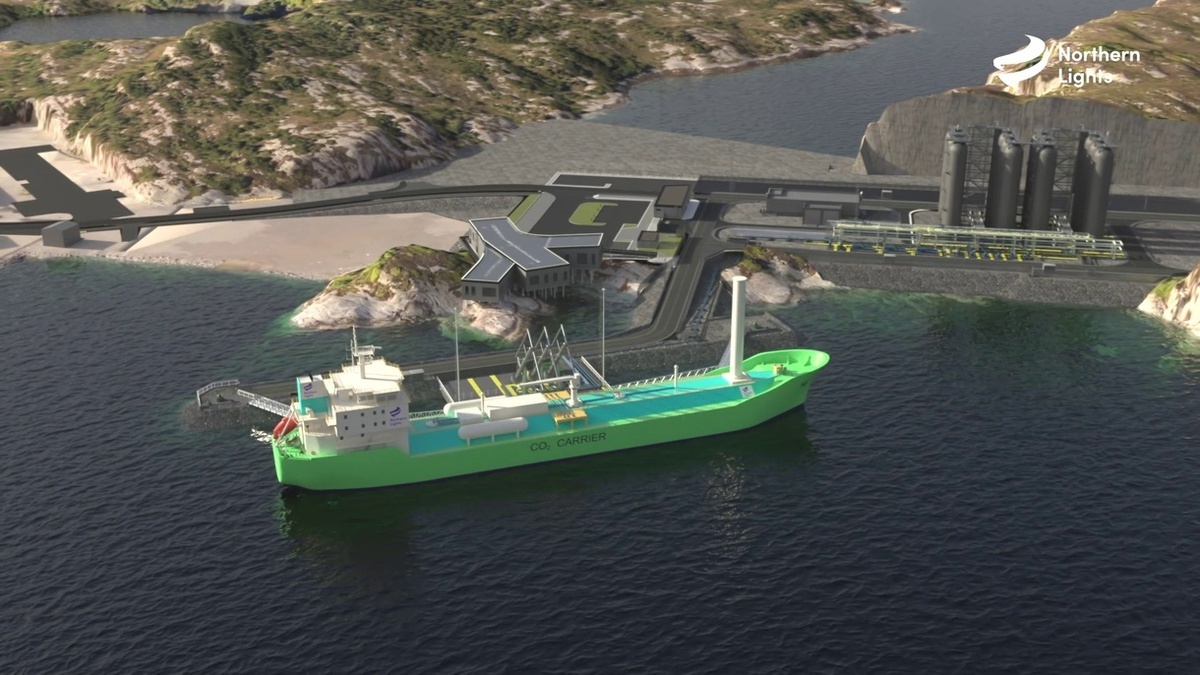Transformative Trends in the Tanker Sector in 2025
Key Ideas
- Decarbonisation is driving fleet strategies and operational priorities, leading to innovation and investment in the tanker sector.
- Focus on fleet efficiency, performance analysis, and energy optimization through cutting-edge technologies for cost reduction and competitiveness.
- Expansion of CO2 and hydrogen as marine cargoes, with shipowners investing in vessel capabilities for clean energy transport.
- Regulatory changes influencing tanker operations, with a spotlight on shuttle tankers, AI integration, and sustainable ship repair and conversion trends.
The tanker sector is forecasted to undergo transformative changes in 2025 driven by decarbonisation, fleet efficiency, and regulatory challenges. Decarbonisation efforts are shaping fleet strategies and vessel designs as the industry adapts to meet emissions targets. Fleet managers are focusing on energy optimization through advanced technologies to enhance efficiency and reduce costs. The expansion of CO2 and hydrogen as marine cargoes is gaining prominence, with shipowners investing in vessels for clean energy transportation. Regulatory changes continue to shape tanker operations, with a focus on compliance with environmental standards and safety requirements. Shuttle tankers, AI integration, and sustainable ship repair and conversion are key areas to watch in 2025 as the industry evolves to meet market demands. The tanker sector in 2025 will be defined by its ability to adapt to technological advancements, regulatory frameworks, and market-driven challenges.
Topics
Maritime
Market Trends
Decarbonisation
Technology Advancements
Regulatory Challenges
AI Integration
Fleet Efficiency
Cargo Expansion
Shuttle Operations
Latest News
